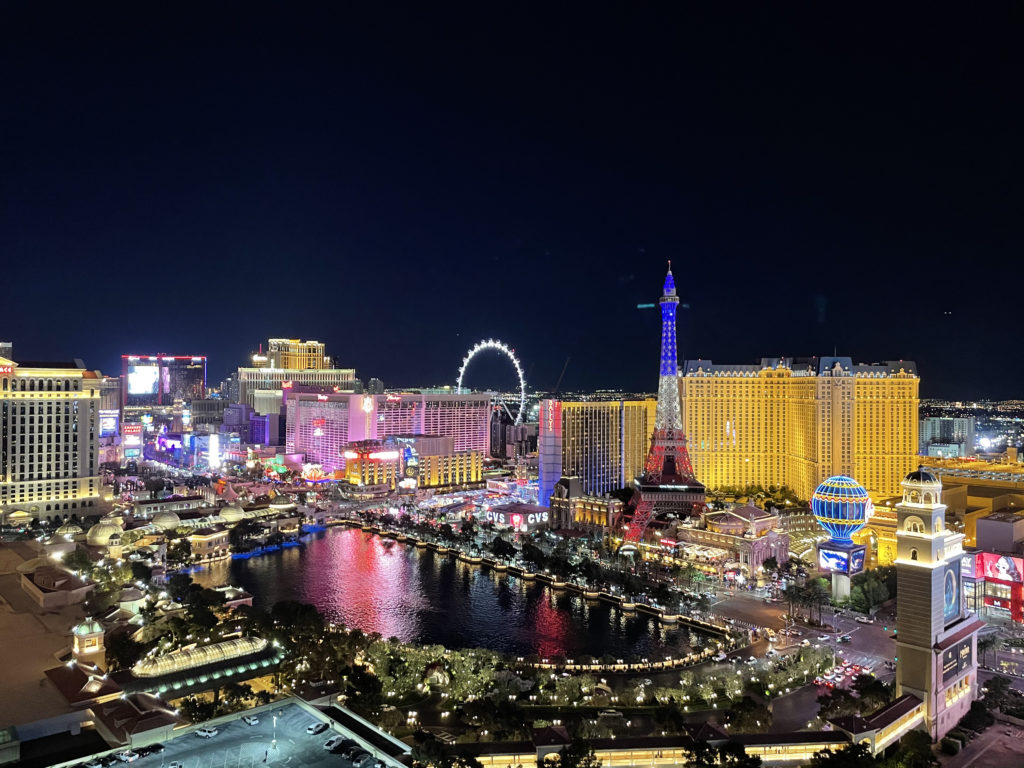
A Clark County, Nevada jury began deliberating Wednesday morning over whether to order to UnitedHealthcare to pay a physician staffing firm millions. The impending verdict will decide the fate of the first case to go to trial involving the compensation of emergency room doctors through commercial health insurance plans provided by employers.
Lawyers for Tennessee-based TeamHealth on Tuesday afternoon asked the jury to award $10.5 million in damages to the company’s Las Vegas area emergency room physicians to rectify a pattern of alleged gross underpayment by UnitedHealthcare.
If the jury sides with TeamHealth, that amount could grow because the physician staffing firm is also seeking punitive damages, although lawyers did not suggest a specific amount during Tuesday’s closing arguments. Should jurors determine that punitives are deserved, they will hear more testimony and more closing arguments from the lawyers.
The decision is now left to five women and one man, who will determine not only whether to award any damages to Blackstone-owned TeamHealth, but also what the reasonable and customary rates should be for ER physicians in Nevada. Although one juror was lost to a stomach virus early in the trial, the remaining jurors remained. An alternate juror was excused after closings concluded Tuesday evening.
During closing arguments as many as 205 spectators watched virtually, via BlueJeans, as TeamHealth lawyer John Zavitsanos explained to jurors that their decision will affect the emergency room doctors who provide life-saving services to society every day.
Zavitsanos, a partner at Ahmad, Zavitsanos, Anaipakos, Alavi & Mensing, began his closing argument taking jurors back to 2008, a prime year in his own life. His Houston law firm was thriving, he had “four beautiful children under the age of 12,” a beautiful wife, the family had just bought a beautiful house and Zavitsanos had just moved his parents to Houston.
“I felt absolutely invincible. Then on a dime in 2009, after ignoring this big lump that had grown to the size of a baseball, I [was] diagnosed with Stage 4 cancer,” he told the jury.
Zavitsanos said he handled the stress by going harder — “working more, traveling more” — until one day he collapsed at home and lost consciousness after his blood count dropped dramatically.
The cancer center couldn’t treat him, so the ambulance took him to a Level 2 emergency room, where an ER doctor saved his life.
“I’m just one guy, and that memory is seared into my brain,” Zavitsanos said. “But the doctors we have here,” he said, pointing to the doctors in the courtroom, “they do this every. Single. Day. Every single day there’s a story like that.
“You have no idea how important ya’ll are in this case. You’re going to have the ability to speak about what the value [of emergency room services] is. This is about so much more than just the $10.5 million we’re owed.”
UnitedHealthcare lawyer Lee Roberts responded with his own emergency room anecdote. At the age of 11, “a big yellow school bus” ran over him — the front wheels running over his legs and the rear wheels running over his chest and arms. His life was spared after the “firefighter paramedics” arrived and took him to the ER, where he received an emergency tracheotomy.
“The fact that saving a life is priceless does not [measure] how much you [determine] a market value for ER services,” said Roberts, a Las Vegas-based lawyer at Weinberg, Wheeler, Hudgins, Gunn & Dial.
Roberts’ co-counsel, O’Melveny & Myers partner Lee Blalack, reiterated Roberts’ point by reminding jurors of their duty to not render their verdict based on sympathy, prejudice or public opinion.
“You swore that you could render a verdict on the case based on evidence,” Blalack, a Washington, D.C.-based lawyer, told the jurors. “There was a lot of testimony from lawyers in this case … sometimes more from lawyers than witnesses. But that’s not evidence. That’s just lawyers talking.”
Throughout the trial, Blalack told jurors that the evidence sometimes “flat-out contradicted” allegations that TeamHealth lawyers initially told jurors they would prove.
“Were the TeamHealth plaintiffs candid with you about what the evidence would show?” Blalack asked the jury. “Think back to their opening and ask yourself did you see it? Did you actually hear the witnesses say that? Did you actually see a doctor that proved that?
Zavitsanos had his own bone to pick at the beginning of closings when it came to evidence. He pointed out that Judge Nancy Allf ruled earlier in the case that UnitedHealthcare had willfully suppressed evidence, which by law is presumed to be evidence adverse to the insurer’s case.
“That’s why it’s in the jury instructions that what they did was willful — withholding evidence from us,” Zavitsanos said. “The court made a finding that it was willful.”
During rebuttal, TeamHealth lawyer Joe Ahmad said his ER doctor clients were not looking for sympathy.
“This is about what’s just — about justice,” Ahmad, a partner at AZA, told jurors. “They don’t want sympathy, but if you think they’re not interested in hearing about what the reasonable value of their services is … you’d be dead wrong. This is something they never think about when they treat people day in and day out.”
